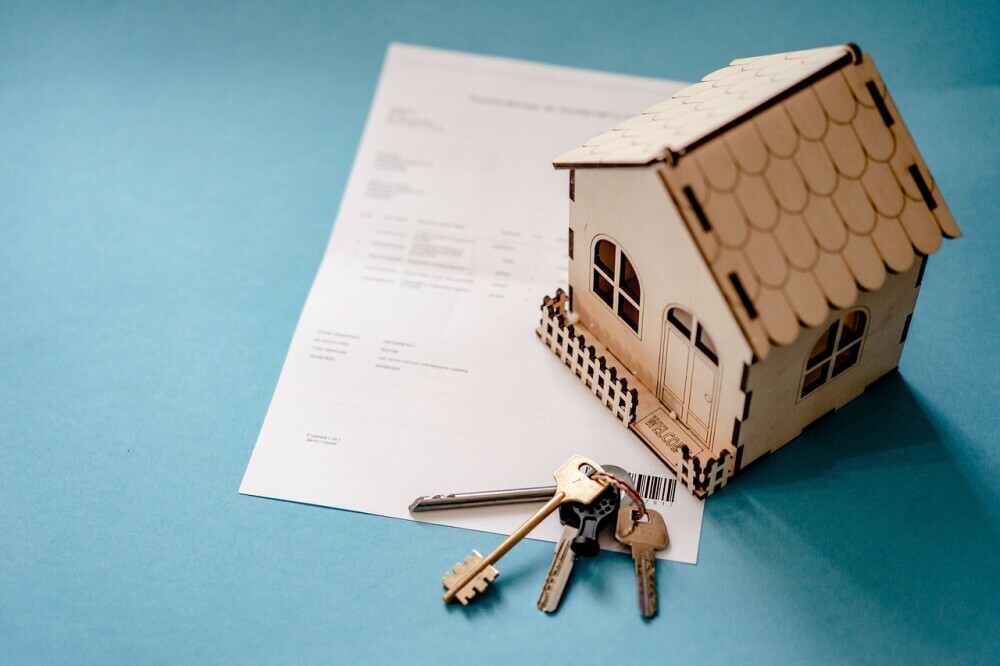
Property Disposal Strategies: A Guide to Making Wise Decisions
Property disposal, the process of selling or otherwise getting rid of a property, is a significant decision with far-reaching consequences. Whether you’re a homeowner, business owner, or investor, understanding the different disposal strategies available and the factors influencing those strategies is crucial for making informed choices.
Why is Property Disposal Important?
There are many reasons why someone might decide to dispose of a property. Here are a few common scenarios:
- Upsizing or downsizing: Your family’s needs may change over time, necessitating a move to a larger or smaller property.
- Relocation: A job change or other life event may require you to relocate to a new area.
- Financial reasons: You may need to sell a property to generate cash flow or pay off debt.
- Investment property turnover: Investors may dispose of properties to rebalance their portfolios or take advantage of favorable market conditions.
Factors Influencing Property Disposal Decisions
Several factors can influence how you approach property disposal. Here are some key considerations:
- Market conditions: The overall health of the real estate market will significantly impact the selling price you can achieve. Strong seller’s markets may favor quick sales, while buyer’s markets may require a more patient approach.
- Legal considerations: There may be legal restrictions or regulations associated with disposing of certain types of properties, such as historical landmarks or environmentally sensitive areas.
- Environmental impact: Consider the environmental implications of your disposal method. Demolition and redevelopment can generate waste and disrupt ecosystems, while responsible disposal practices can minimize environmental damage.
- The human aspect: Property disposal can affect communities and stakeholders in various ways. For example, selling a family home can have emotional consequences, while the redevelopment of a commercial property may impact local businesses and residents.
Assessing the Value of Your Property
Knowing the fair market value of your property is essential for making informed disposal decisions. Here are some methods for property appraisal and valuation:
- Comparative market analysis (CMA): A real estate agent compares your property to similar properties that have recently sold in your area to estimate its value.
- Online valuation tools: Several online tools allow you to input basic property details and receive an estimated market value. These tools should be used as a starting point and not a definitive valuation.
- Professional appraisal: A qualified appraiser will conduct a thorough inspection of your property and consider various factors to come up with a professional opinion of value.
Choosing the Right Disposal Method
The best method for disposing of your property will depend on your specific circumstances and goals. Here’s a comparison of some common disposal methods:
- Auction: Auctions can be a good option for selling properties quickly and generating competitive bids. However, they can also be risky, as there’s no guarantee you’ll reach your asking price.
- Private sale: Selling your property privately gives you more control over the process and allows you to negotiate with potential buyers directly. However, it can take longer to find a buyer this way.
- Trade-in: Some property developers and builders may offer trade-in programs where you can exchange your existing property for a new one from their inventory. This can be a convenient option if you’re looking to upsize or downsize quickly.
- Donation: Donating your property to a charitable organization can be a tax-deductible option. However, there may be restrictions on what types of properties charities can accept.
Legal and Ethical Considerations
It’s crucial to navigate the legal framework for property disposal in your area. An experienced real estate attorney can advise you on your rights and obligations as a seller.
The ethical implications of your disposal method should also be considered. Responsible property disposal minimizes environmental impact and avoids creating burdens for the community.
Transparency and Fairness in the Disposal Process
Transparency and fairness should be at the forefront of your property disposal strategy. This means disclosing all material information about the property to potential buyers and ensuring a level playing field for all interested parties.
By carefully considering the factors outlined above and choosing a disposal method that aligns with your goals and values, you can ensure a smooth and successful property disposal process.
If you would like to discuss property disposal strategies do not hesitate to Call Alan on 07539141257 or 03332241257, or +447539141257 or +443332241257, you can schedule a call with Alan on https://calendly .com/alanje or drop an email to alan@alpusgroup.com.